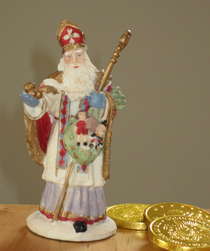PHOTO:Unknown source
DEFEATED BY LOVE
The sky was lit
by the splendor of the moon
So powerful
I fell to the ground
Your love
has made me sure
I am ready to forsake
this worldly life
and surrender to the magnificence
of your Being
– Rumi
The moon has inspired poets since verses were first written. Those living in North America will have a good view of a particular lunar beauty: a total lunar eclipse during early morning hours of Dec. 21. This is the first total lunar eclipse in three years. The next one will not be visible here until 2014, so, if the skies are clear where you live, stay up and enjoy the sight.
The eclipse begins at 12:29am. EST. The moon enters totality at 2:41am and leaves it at 3:53am. the eclipse is completely finished at 6:04am EST.
The moon does not disappear during a total eclipse, but changes color, appearing coppery red to deep red or even gray. The color depends on the earth’s atmosphere at the time it stands between the moon and the sun.
Events like this always make me aware of the incomprehensible expanse of the cosmos and my small place in it. As we contemplate the Incarnation, what better reminder of God’s glory than the beauty and wonder of creation?
To read about the twelve stages of the eclipse and to find links to related articles, visit Space on msnbc.com
This poem ponders the earth and its people through its shadow thrown across the moon during an eclipse:
AT A LUNAR ECLIPSE
Thy shadow, Earth, from Pole to Central Sea,
Now steals along upon the Moon’s meek shine
In even monochrome and curving line
Of imperturbable serenity.
How shall I link such sun-cast symmetry
With the torn troubled form I know as thine,
That profile, placid as a brow divine,
With continents of moil and misery?
And can immense Mortality but throw
So small a shade, and Heaven’s high human scheme
Be hemmed within the coasts yon arc implies?
Is such the stellar gauge of earthly show,
Nation at war with nation, brains that teem,
Heroes, and women fairer than the skies?
By Thomas Hardy (1840-1928)
© 2010 Mary van Balen

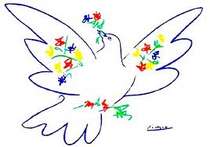

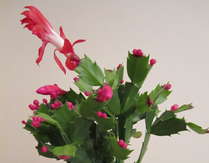
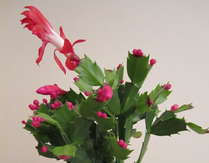 Send victory like a dew, you heavens,
Send victory like a dew, you heavens,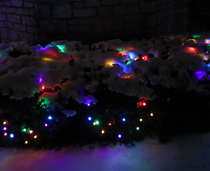
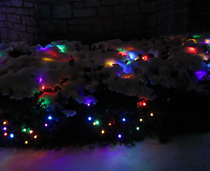
 As the messengers were leaving, Jesus began to talk to the people about John: What did you go out into the wilderness to see? A reed swaying in the breeze? No? Then what did you go out to see? A man wearing fine clothes? Oh no, those who wear fine clothes are to be found in palaces. Then what did you go out for? To see a prophet? MT 11
As the messengers were leaving, Jesus began to talk to the people about John: What did you go out into the wilderness to see? A reed swaying in the breeze? No? Then what did you go out to see? A man wearing fine clothes? Oh no, those who wear fine clothes are to be found in palaces. Then what did you go out for? To see a prophet? MT 11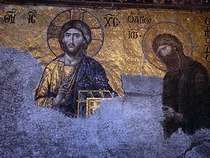
 Jesus spoke to the crowds: What description can I find for this generation? It is like children shouting to each other as they sit in the market place:
Jesus spoke to the crowds: What description can I find for this generation? It is like children shouting to each other as they sit in the market place: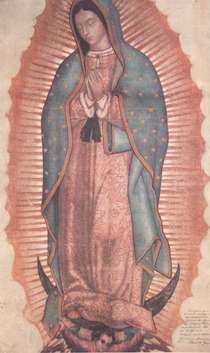 By his reply I realised he did not think it to be thy order. Send, Lady, a person of mark that he may believe it. My lady, I am a paltry fellow, a man of straw, a bumpkin, a commoner and Thou my child, my lady, didst send me to a place I go not, where I stay me not. Forgive me the great grief I cause thee, lady and mistress mine.”
By his reply I realised he did not think it to be thy order. Send, Lady, a person of mark that he may believe it. My lady, I am a paltry fellow, a man of straw, a bumpkin, a commoner and Thou my child, my lady, didst send me to a place I go not, where I stay me not. Forgive me the great grief I cause thee, lady and mistress mine.”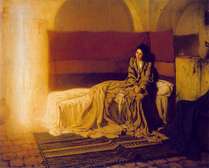

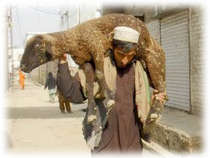 He is like a shepherd feeding his flock,
He is like a shepherd feeding his flock,